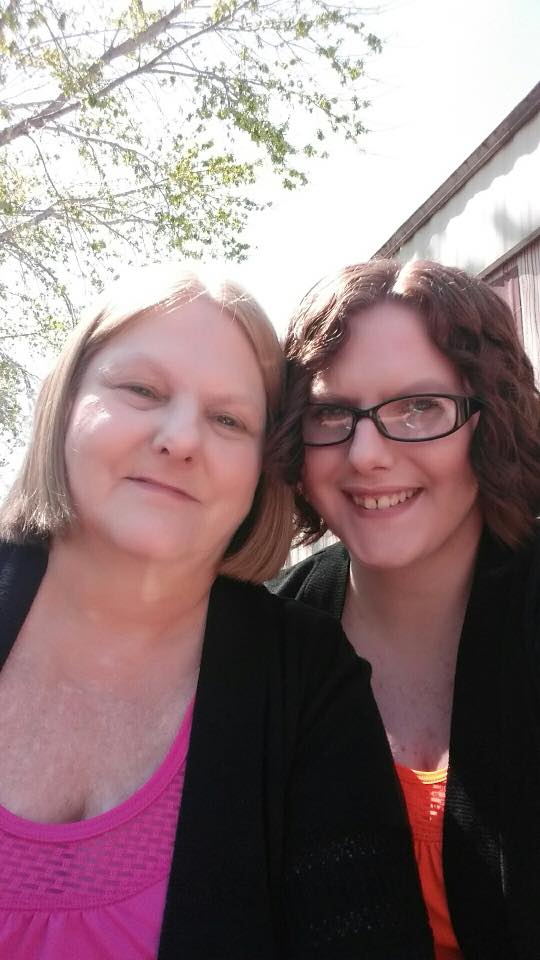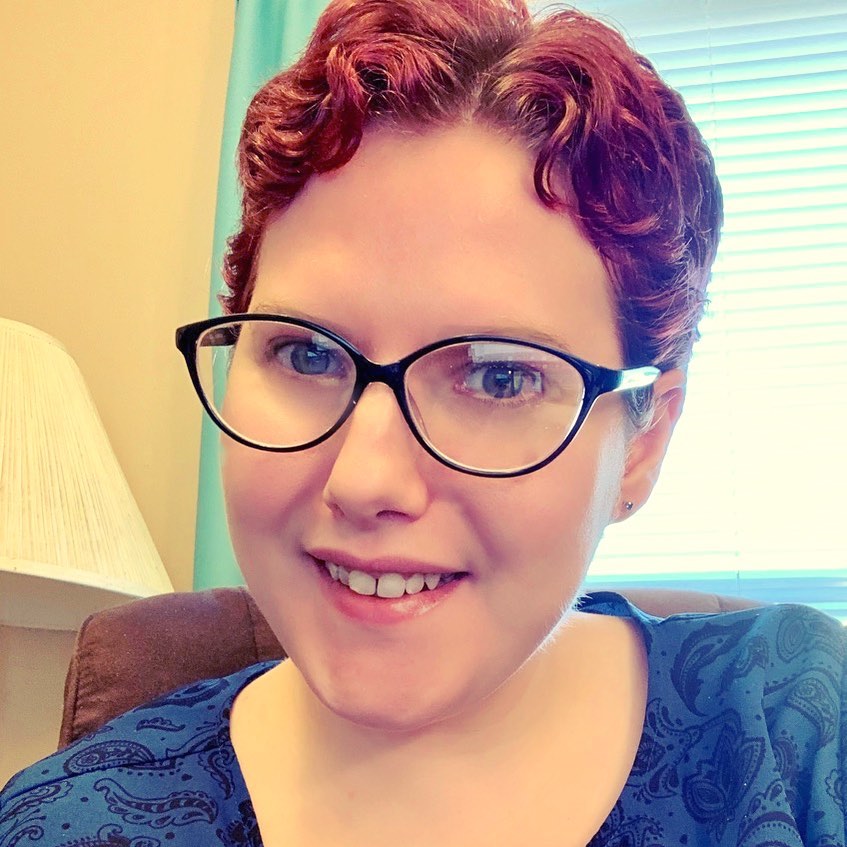So far in our poetry series, Swallow Books has spoken with poets who turn everyday objects and situations into wildly imaginative verse. Today is a bit different, as we sit down with Jenna Neece, the poet behind ‘Raise a Glass to My Body’.
In a collection of wry and brutally honest poems about living amongst the healthy while chronically ill, the young author takes us through denial, anger, bargaining and the surprisingly beautiful phases of acceptance.
Dealt the blow of a Myalgic Encephalomyelitis diagnosis as a teen, Jenna still managed to graduate with an MFA in creative writing, and become a professor at Oklahoma State University.
This is our interview with a prodigious and formidable voice in contemporary poetry, with a proud pop-in from her mother toward the end. Keep reading because you won’t want to miss it!
Swallow Books: We are so excited to publish your poetry collection later this year, especially knowing the work is the pinnacle of your academic career. What was your process in writing Raise a Glass?
Jenna: Technically speaking, my process was to listen to my body. It was very nontraditional to say the least. This book was created out of my MFA program, but it wasn’t like, okay, time to write a poem now. That’s not how poems work for me. Not now, not ever. I wait for my muse to whisper to me. Sometimes I’m in the car or the shower. Sometimes it’s 3 a.m. when I start to write like hell.
Swallow Books: At what age did you know you wanted to be a writer, and who are the greats who helped inspire your work?
Jenna: I think I told my mom I was going to be a writer when I was five. I won my first contest in second grade. So… always basically. It isn’t the old poets who grabbed my heart. It was Claudia Rankine, Matthew Siegel, Jennifer Richter, Anya Krugovoy Silver, Louise Glück, and Ada Limón. The old guard taught me things, but the new guard taught me that we can have things that are beautiful, while moving away from more traditional forms and racist past.
Swallow Books: You’re not a victim of racism, but you have suffered the judgment of others who don’t understand your illness, and think you’re exaggerating the amount of pain it causes you. Are these poems an attempt to scold those people?
Jenna: I think some poems scold. I think some explain. I think some beg for understanding. And then others shout out in anger. They want to be heard. They want to be understood more than anything. I also don’t believe that most people treat you bad out of actually being a bad person. They simply don’t understand. When your body is breaking down and people treat you badly for it, it creates grief. Grief does weird things to people. Grief causes you to strike out one minute and reach out the next. Isn’t that life though?
Swallow Books: We definitely noticed the anger in some of these poems and how it’s tempered with a childlike innocence that reimagines physical pain as a big red lollipop, or the heaven of hunkering down in lavender scented blankets. Physical pain pops up everywhere in this book, from deep in nature to the sanctuary of a public bathroom stall. Can you tell us how you’ve learned to use these incredibly intimate moments in your work?
Jenna: I listen to the waves of pain, the fear, the anger, and let them talk to me like a friend because, in a way, they’ve been here as long as most of my friends at this point. I’m 27 now, but got sick at 13. At one point, I was getting healthier. I was like yes. I might find writing even easier now. I’d been feeling too close to my work. Then, I got even sicker. I found myself stifled, so I took the anger and infused it back into my revisions and added more poems. It added more layers to my work—or so my thesis committee told me.
Swallow Books: We know you’ve worked so hard, getting a final version of this collection ready for us. Is it a bittersweet experience for you?
Jenna: It is. Rereading this book is actually painful for me. It brings up a lot of hurt and bad memories, but it’s also therapeutic in a good way. It’s like, hey, look what I made out of this! I made lemonade from rotten lemons! At the end of the day, I hope reading this book shows the good, the bad, and the ugly parts of being really sick, because it’s not all bad. There are people, like my mom (Terry Neece), who care for you and root for you to achieve things.

Swallow Books: Your Mom must be very proud, but at the same time deeply worried and sad for what you’ve been through. Terry, what do you think about your daughter’s amazing achievements?
Terry: When Jenna was first diagnosed, the doctor told us college was out of the question for her. Well, Jenna did her undergrad and her grad degrees back to back. The struggles were real, and she missed precious few days in those four years, which turned into eight with her MFA. There aren’t words to describe how exceedingly proud I was of her as she walked across the stage to receive her diploma, in a walking boot with a broken ankle.
Swallow Books: What is this book really about?
Terry: My daughter’s book may seem like it’s about pain, sadness, and tears, but ultimately it’s a work of joy, about how you can actually triumph over all things.
Jenna holds an MFA in Poetry Writing from Oklahoma State University as well where she’s been working for the English Department teaching freshman composition. Recently, Jenna’s poetry has been published in Rising Phoenix Review, Quail Bell Magazine, Eunoia Review, and from CollectiveUnrest.




No comment